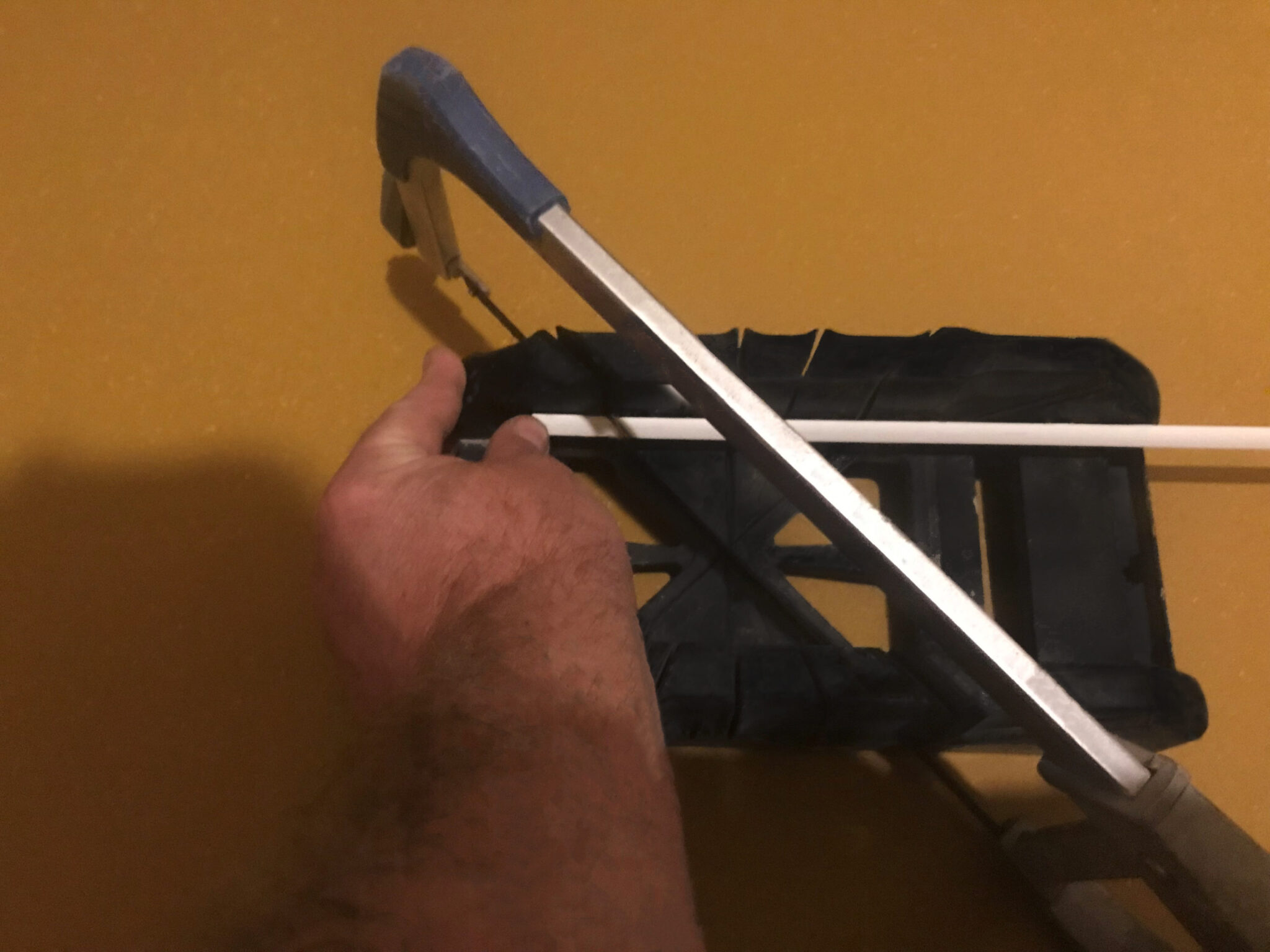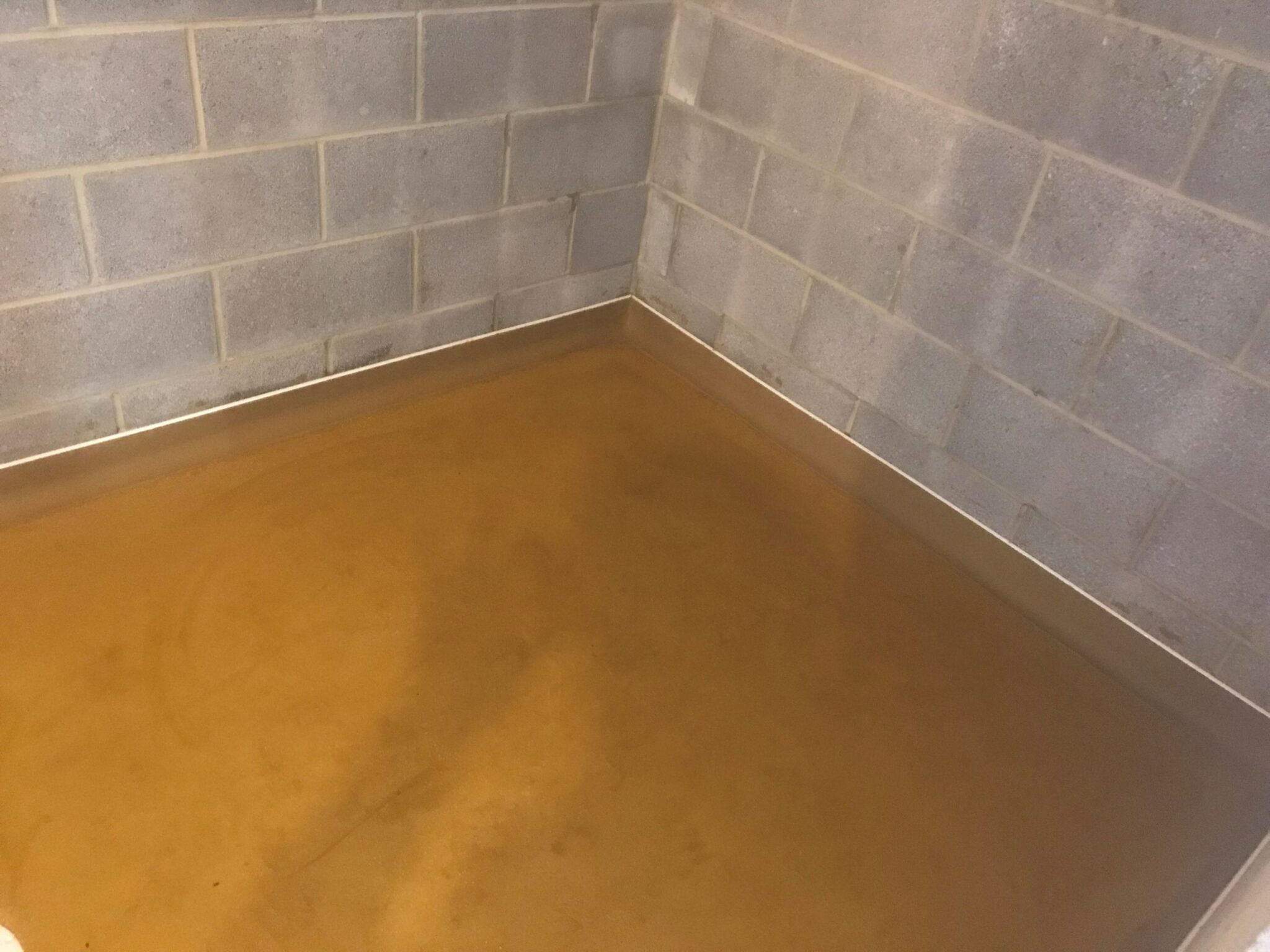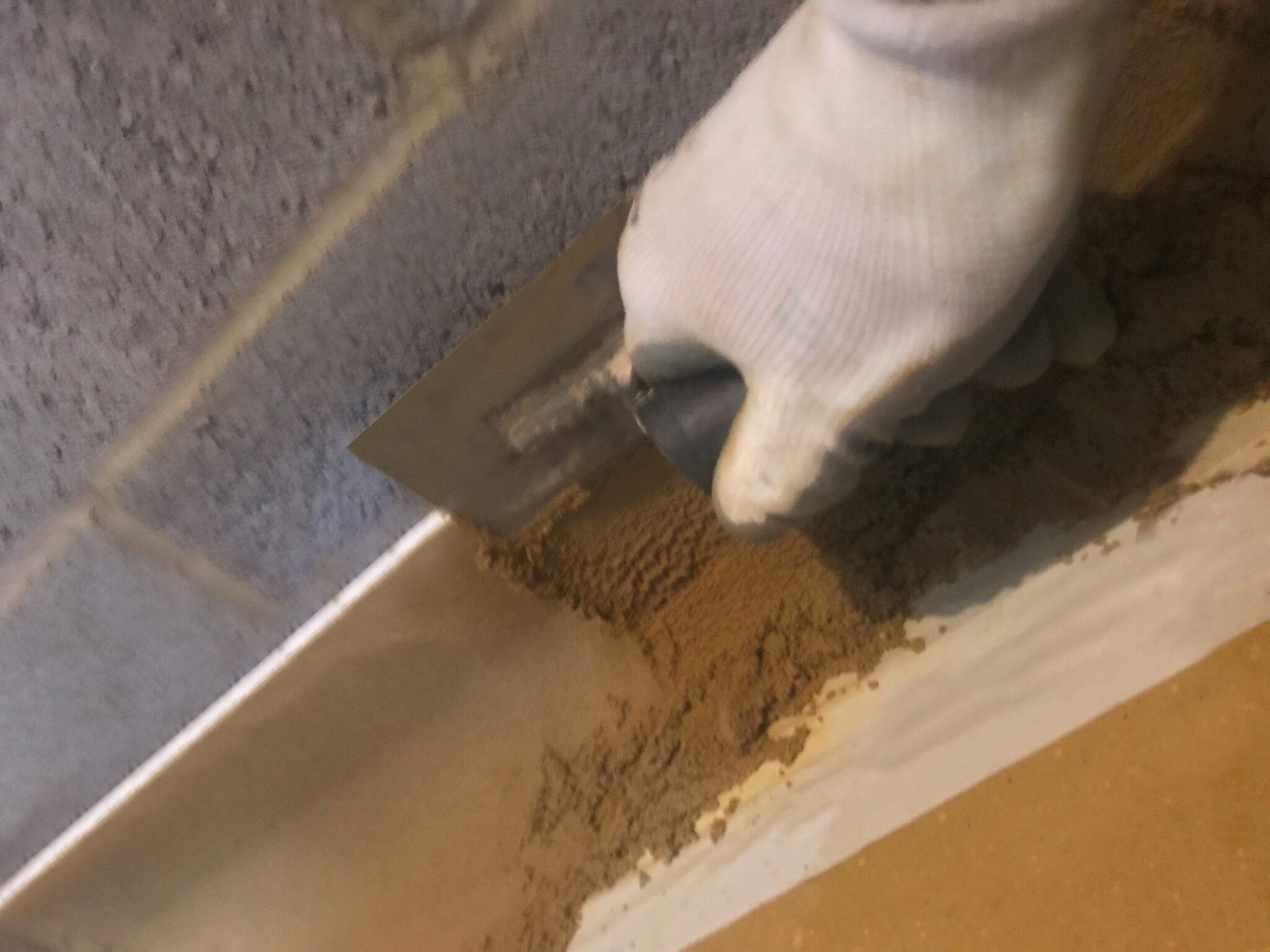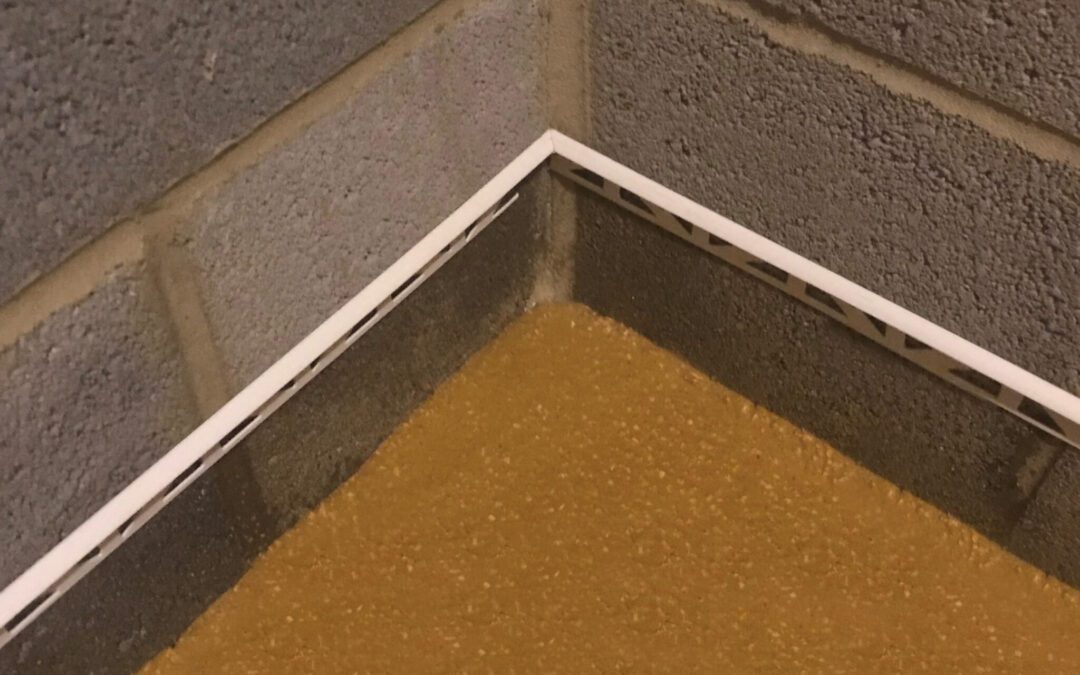Floor coving is one of the many floor preparation techniques required for industrial flooring. We install flooring for a wide range of industries here at PSC Flooring. One of these industries is the food industry. We specialise in food grade flooring and have plenty of experience installing it. As leading industrial flooring contractors we can answer any questions you may have when it comes to flooring for the food industry.

Food hygiene
To keep the risk of food contamination low, you need to manage your hygiene and safety procedures. There are strict regulations in place to govern every aspect of the storage, processing and preparation of food. Therefore, all aspects of the industrial/commercial food prep environment needs to be thought about; this includes the flooring. It is vital to meet the food hygiene requirements set by the UK Environmental Health Department.
PSC food grade flooring
PSC Flooring Ltd have been working with the food industry for over 30 years. We install thousands of square metres of food grade flooring every year. The normal choice of floor for this sector is a heavy-duty polyurethane screed, either 6mm or 9mm thick. This flooring is suitable for bakeries, dairies, breweries, meat processing areas, abattoirs, commercial kitchens and food manufacturers.
Floor preparation
Floor coving will complement several types of industrial flooring preparations due to the benefits it offers. As a result, is often used in commercial buildings, hospitals, and schools. In fact, it is used in most areas where hygiene is important, or a watertight seal is necessary.
What is floor coving?
Floor coving is the link between the wall to floor finish. It provides a seamless, connection between the floor and the wall/ vertical surface.
By bridging the gap between the floor and wall surface you create “one surface”. As a result, you eliminate the hard to reach areas where bacteria can grow. The seamless cove is easy to clean and maintain.

What type of floor can coving be applied to?
Coving is most commonly applied are FeRFA (The Resin Flooring Association) floor types 5–8. These include Flow applied flooring, Resin Screed Flooring, Heavy Duty Flowable Flooring and Heavy-Duty Resin Flooring.
How is coving applied?
Applying a coving system needs to be done after the main floor is laid. After the main floor has cured then you can apply the birds-beak edging strip. You can stick or screw this to the wall at the height you desire. Scalloping the resin mixture is the next step. We scallop it into a gentle curve that joins the wall and the floor. This curve allows for the mopping areas to be taken upwards so no crease is formed where dirt, grime and bacteria can thrive.

How does coving aid drainage?
We recommend that floors that are regularly washed down are pitched towards drains. To be effective, the floors need to be pitched to drains at 1% or 2% towards the drain. Therefore the water will naturally flow this way. Coving helps to ensure the pitch of the floor flows away from the room edges.
Contact us today
We have decades of experience under our belts and therefore can help you find the best solution for your requirements. In order to ensure we know exactly what you are looking for, our team of experts will go to your site first. We will then conduct a FREE site survey to help us determine the best type of flooring. If you would like to find out more information on floor coving or food grade flooring, then head to our website today. Alternatively, you can call 01562 702047 to speak to a member of our helpful and friendly team. We will answer any questions you may have on industrial flooring solutions.
If you have found this blog helpful, then you may wish to read our previous blog on Epoxy Workshop Flooring.

